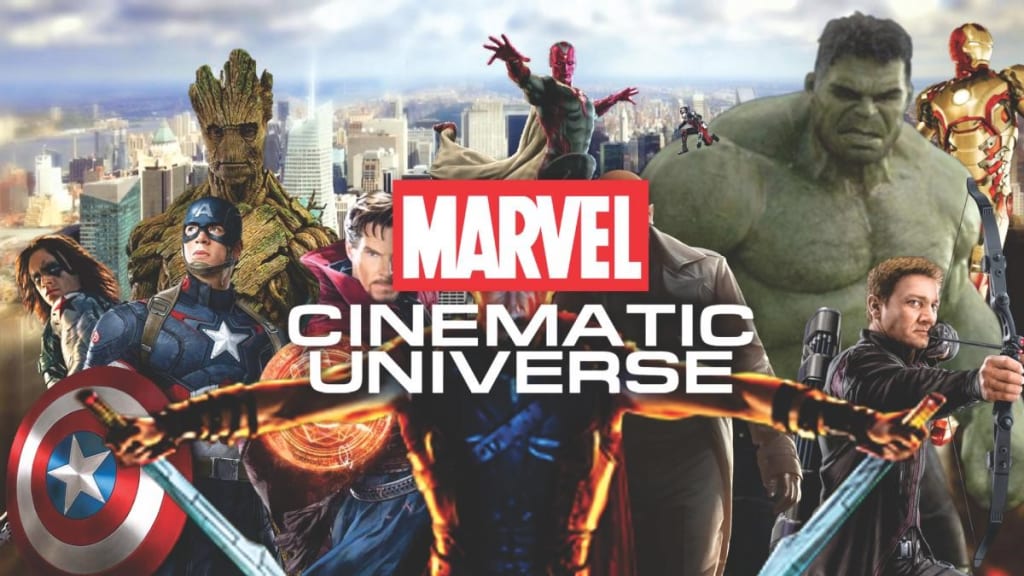Table of Contents
Captain America: The First Avenger (2011)
Phase Two: Expanding the Universe
Captain America: The Winter Soldier (2014)
Guardians of the Galaxy (2014)
Avengers: Age of Ultron (2015)
Phase Three: The Infinity Saga Climax
Captain America: Civil War (2016)
Guardians of the Galaxy Vol. 2 (2017)
Spider-Man: Far From Home (2019)
Shang-Chi and the Legend of the Ten Rings (2021)
Spider-Man: No Way Home (2021)
Doctor Strange in the Multiverse of Madness (2022)
Black Panther: Wakanda Forever (2022)
Ant-Man and the Wasp: Quantumania (2023)
Guardians of the Galaxy Vol. 3 (2023)
The Marvel Cinematic Universe (MCU) has revolutionized the landscape of superhero films and modern cinema as a whole. Since its inception in 2008, this interconnected series of movies and TV shows has captivated audiences worldwide, bringing beloved comic book characters to life in a way never before seen on the big screen.
In this comprehensive guide, we'll take you through the MCU films in chronological order, exploring how each entry contributes to the overarching narrative and the evolution of this groundbreaking franchise.
The Chronological Order
| Title | Year | Amazon Link |
| Iron Man | 2008 | Rent/Buy Movie |
| The Incredible Hulk | 2008 | Rent/Buy Movie |
| Iron Man 2 | 2010 | Rent/Buy Movie |
| Thor | 2011 | Rent/Buy Movie |
| Captain America: The First Avenger | 2011 | Rent/Buy Movie |
| The Avengers | 2012 | Rent/Buy Movie |
| Iron Man 3 | 2013 | Rent/Buy Movie |
| Thor: The Dark World | 2013 | Rent/Buy Movie |
| Captain America: The Winter Soldier | 2014 | Rent/Buy Movie |
| Guardians of the Galaxy | 2014 | Rent/Buy Movie |
| Avengers: Age of Ultron | 2015 | Rent/Buy Movie |
| Ant-Man | 2015 | Rent/Buy Movie |
| Captain America: Civil War | 2016 | Rent/Buy Movie |
| Doctor Strange | 2016 | Rent/Buy Movie |
| Guardians of the Galaxy Vol. 2 | 2017 | Rent/Buy Movie |
| Spider-Man: Homecoming | 2017 | Rent/Buy Movie |
| Thor: Ragnarok | 2017 | Rent/Buy Movie |
| Black Panther | 2018 | Rent/Buy Movie |
| Avengers: Infinity War | 2018 | Rent/Buy Movie |
| Ant-Man and the Wasp | 2018 | Rent/Buy Movie |
| Captain Marvel | 2019 | Rent/Buy Movie |
| Avengers: Endgame | 2019 | Rent/Buy Movie |
| Spider-Man: Far From Home | 2019 | Rent/Buy Movie |
| Black Widow | 2021 | Rent/Buy Movie |
| Shang-Chi and the Legend of the Ten Rings | 2021 | Rent/Buy Movie |
| Eternals | 2021 | Rent/Buy Movie |
| Spider-Man: No Way Home | 2021 | Rent/Buy Movie |
| Doctor Strange in the Multiverse of Madness | 2022 | Rent/Buy Movie |
| Thor: Love and Thunder | 2022 | Rent/Buy Movie |
| Black Panther: Wakanda Forever | 2022 | Rent/Buy Movie |
| Ant-Man and the Wasp: Quantumania | 2023 | Rent/Buy Movie |
| Guardians of the Galaxy Vol. 3 | 2023 | Rent/Buy Movie |
| The Marvels | 2023 | Rent/Buy Movie |
Phase One: Avengers Assemble
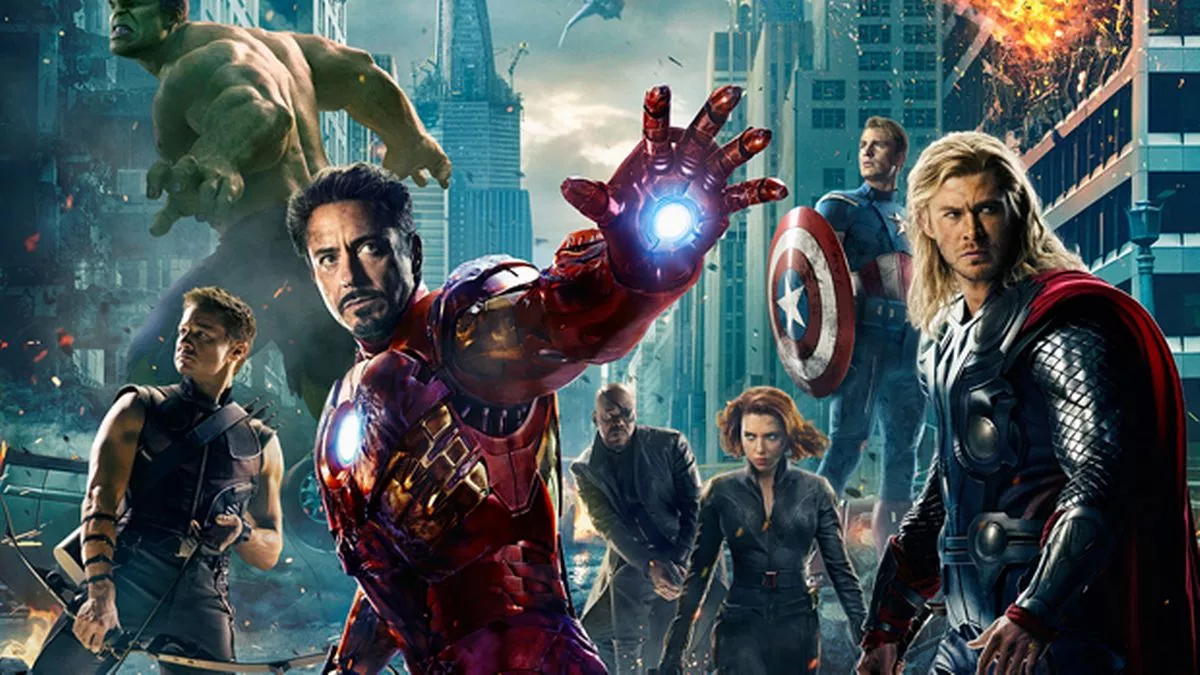
Iron Man (2008)
The film that started it all, "Iron Man" introduced us to Robert Downey Jr.'s Tony Stark, a genius billionaire who creates a high-tech suit of armor to escape captivity and becomes a superhero in the process. Director Jon Favreau's blend of humor, action, and character development set the tone for the entire MCU. The now-iconic post-credits scene featuring Samuel L. Jackson as Nick Fury hinted at the larger universe to come.
The Incredible Hulk (2008)
Often overlooked, "The Incredible Hulk" starred Edward Norton as Bruce Banner, a scientist on the run from the military while trying to cure his condition that turns him into the green monster. While Norton was later replaced by Mark Ruffalo, this film established the Hulk's place in the MCU and introduced General Thunderbolt Ross, who would play a significant role in later films.
Iron Man 2 (2010)
The sequel to Iron Man expanded Tony Stark's world, introducing Scarlett Johansson as Black Widow and Don Cheadle as War Machine. While it struggled with balancing multiple plotlines, it further developed the MCU's mythology and set the stage for the upcoming Avengers film.
Thor (2011)
Kenneth Branagh's "Thor" brought the God of Thunder to Earth, introducing the cosmic side of the MCU. Chris Hemsworth's charming performance as Thor and Tom Hiddleston's scene-stealing turn as Loki added new dimensions to the universe. The film also gave us our first glimpse of Jeremy Renner's Hawkeye.
Captain America: The First Avenger (2011)
Set primarily during World War II, this origin story for Steve Rogers (Chris Evans) showcased the MCU's ability to blend different genres. The period setting and Evans' earnest performance established Captain America as the heart of the Avengers team, while also introducing the Tesseract, the first of the Infinity Stones.
The Avengers (2012)
Joss Whedon's "The Avengers" was the culmination of Phase One, bringing together Iron Man, Captain America, Thor, Hulk, Black Widow, and Hawkeye to face Loki and an alien invasion. This blockbuster proved that the shared universe concept could work on a grand scale, delivering spectacular action sequences and character interactions that fans had only dreamed of seeing.
Phase Two: Expanding the Universe
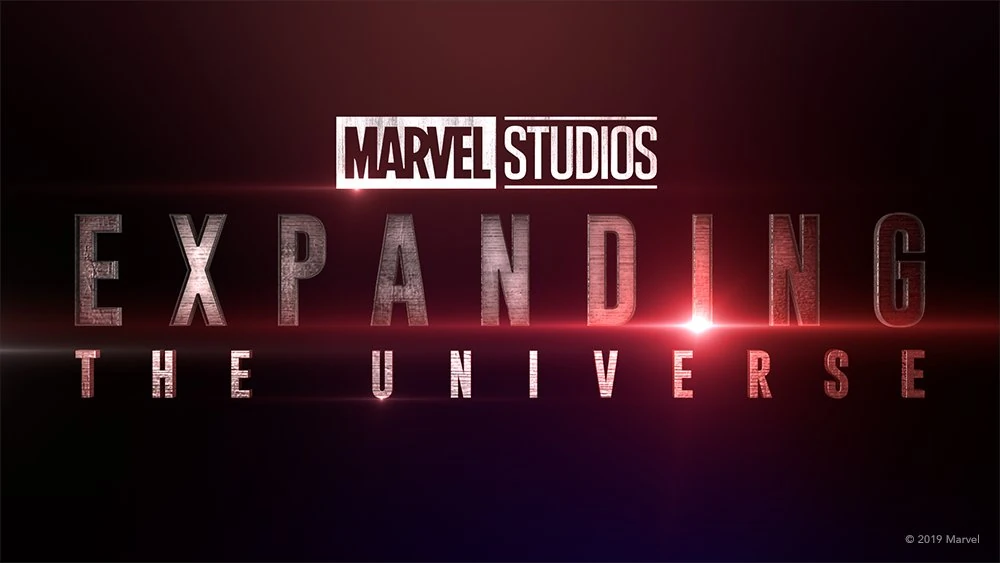
Iron Man 3 (2013)
Shane Black's "Iron Man 3" took a bold approach by focusing on Tony Stark's vulnerability and PTSD following the events of "The Avengers." The film subverted expectations with its Mandarin twist, dividing fans but showcasing the MCU's willingness to take risks. It also introduced the concept of Extremis, a technological advancement that would have ripple effects throughout the MCU.
Thor: The Dark World (2013)
While often considered one of the weaker entries in the MCU, "Thor: The Dark World" played a crucial role in expanding the cosmic side of the universe. The film delved deeper into the Nine Realms, introducing the Dark Elves and their leader Malekith. It also further developed the complex relationship between Thor and Loki, setting the stage for Loki's future character arc. The introduction of the Aether, later revealed to be the Reality Stone, was a key plot point in the overarching Infinity Saga.
Captain America: The Winter Soldier (2014)
The Russo brothers' MCU debut marked a significant tonal shift for the franchise. Drawing inspiration from 1970s political thrillers, the film tackled themes of government overreach and personal freedom. The revelation that HYDRA had infiltrated S.H.I.E.L.D. had far-reaching consequences across the MCU, including the ABC series "Agents of S.H.I.E.L.D." The movie also introduced Sam Wilson (Falcon) and deepened the relationship between Steve Rogers and Natasha Romanoff, both of which would become central to future films.
Guardians of the Galaxy (2014)
James Gunn's space opera was perhaps Marvel's biggest gamble to date, featuring relatively unknown characters in a corner of the universe far removed from the Avengers. The film's success proved that Marvel could make audiences care about even the most obscure properties. Its unique blend of humor, heart, and 1970s pop music set a new tone for cosmic Marvel stories. The introduction of the Power Stone and a more substantial appearance by Thanos further tied the film to the larger MCU narrative.
Avengers: Age of Ultron (2015)
Joss Whedon's second Avengers film had the unenviable task of following up the massive success of its predecessor while also setting up future MCU storylines. The creation of Ultron by Tony Stark and Bruce Banner added depth to the ongoing debate about superhero accountability. The introduction of Wanda and Pietro Maximoff (Scarlet Witch and Quicksilver) brought superpowered individuals with a grudge against the Avengers into the mix, complicating the team dynamics. The film also gave us our first glimpse of Wakanda and the Hulkbuster armor, both of which would play significant roles in future films.
Ant-Man (2015)
Following the cosmic scale of "Guardians" and the global stakes of "Age of Ultron," "Ant-Man" brought the MCU back to a more personal level. The heist film structure and focus on Scott Lang's relationship with his daughter provided a refreshing change of pace. The movie introduced the Quantum Realm, a concept that would become crucial to the overall MCU narrative, particularly in "Avengers: Endgame." The film also expanded on Hank Pym's history with S.H.I.E.L.D., adding depth to the MCU's past.
Phase Three: The Infinity Saga Climax
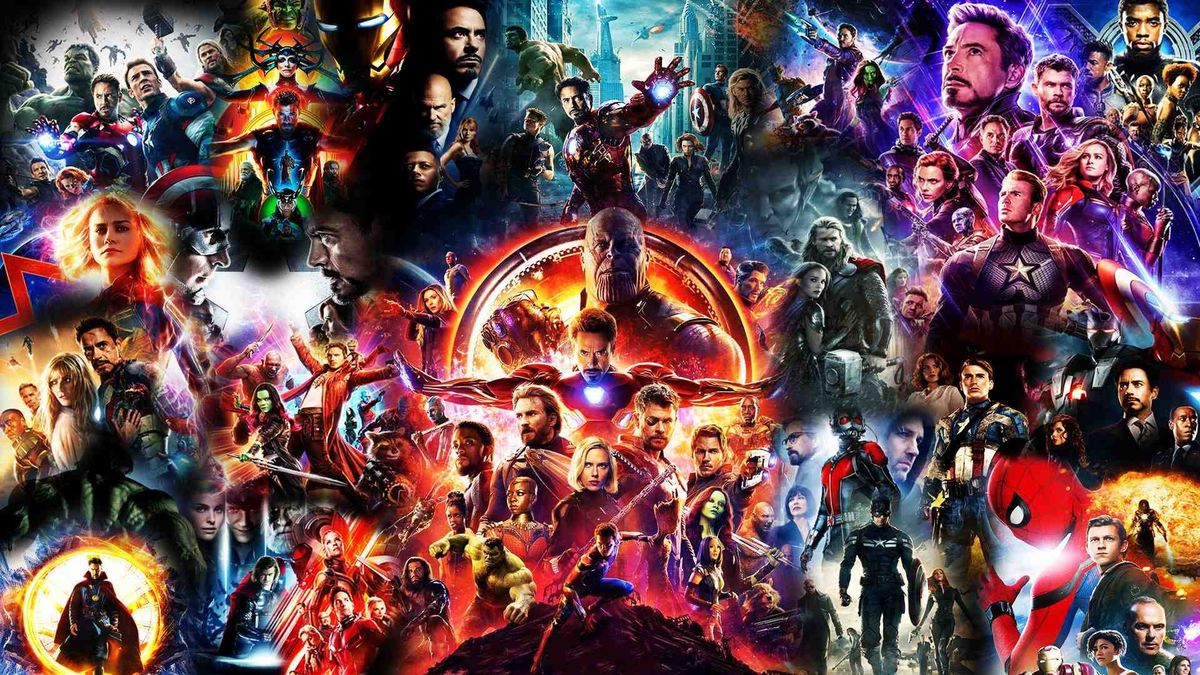
Captain America: Civil War (2016)
The Russo brothers returned to kick off Phase Three with a film that felt like an Avengers movie in all but name. The ideological clash between Captain America and Iron Man split the team down the middle, introducing Black Panther and Spider-Man to the MCU while setting the stage for the conflicts to come.
Doctor Strange (2016)
Benedict Cumberbatch joined the MCU as Dr. Stephen Strange in this mind-bending adventure that introduced magic and alternate dimensions to the universe. The film's stunning visual effects and exploration of Eastern mysticism expanded the MCU's scope beyond science and technology.
Guardians of the Galaxy Vol. 2 (2017)
James Gunn's sequel doubled down on the heart and humor of the original, delving deeper into the characters' backstories, particularly Star-Lord's relationship with his father, Ego the Living Planet. The film further developed the cosmic side of the MCU and set up plot threads that would pay off in later films.
Spider-Man: Homecoming (2017)
Tom Holland's first solo outing as Spider-Man brought the character fully into the MCU, with Robert Downey Jr.'s Tony Stark serving as a mentor figure. The film's focus on Peter Parker's high school life and struggles to balance being a hero with being a teenager provided a fresh take on the character.
Thor: Ragnarok (2017)
Taika Waititi reinvented the Thor franchise with this colorful, comedic space adventure. The destruction of Asgard, the introduction of Valkyrie, and the Hulk's extended presence made this a pivotal film in the larger MCU narrative, while its humor and heart made it a fan favorite.
Black Panther (2018)
Ryan Coogler's "Black Panther" was a cultural phenomenon, exploring themes of isolationism, colonialism, and responsibility through the lens of the technologically advanced African nation of Wakanda. Chadwick Boseman's T'Challa and Michael B. Jordan's Killmonger provided one of the MCU's most compelling hero-villain dynamics.
Avengers: Infinity War (2018)
The first part of the Infinity Saga's conclusion brought together nearly every MCU hero to face Thanos in his quest for the Infinity Stones. The Russo brothers juggled multiple storylines and characters with impressive skill, delivering a film that felt both epic in scope and personally devastating.
Ant-Man and the Wasp (2018)
This sequel expanded on the Quantum Realm introduced in the first Ant-Man film, pairing Paul Rudd's Scott Lang with Evangeline Lilly's Hope van Dyne as the Wasp. While lighter in tone than Infinity War, its mid-credits scene tied directly into the larger narrative.
Captain Marvel (2019)
Set in the 1990s, this prequel introduced Brie Larson as Carol Danvers, one of the most powerful heroes in the MCU. The film explored the Kree-Skrull war and provided backstory for Nick Fury and the Avengers Initiative, while setting up Captain Marvel's role in the fight against Thanos.
Avengers: Endgame (2019)
The epic conclusion to the Infinity Saga brought 11 years of storytelling to a close in spectacular fashion. The Russo brothers delivered a film that honored the entire MCU journey, featuring time travel, callbacks to previous films, and emotional farewells to beloved characters.
Spider-Man: Far From Home (2019)
The epilogue to Phase Three dealt with the aftermath of Endgame through the eyes of Peter Parker. His European vacation is interrupted by the emergence of Mysterio and elementals from another dimension, forcing Spider-Man to step up in a world without Iron Man.
The Impact of the Infinity Saga The conclusion of Phase Three marked the end of the Infinity Saga, a storytelling achievement unprecedented in cinema. Over the course of 23 interconnected films, Marvel Studios had woven a complex narrative that culminated in the epic two-part finale of "Infinity War" and "Endgame."
The success of this long-form storytelling changed Hollywood's approach to franchises, with many studios attempting to create their own shared universes. However, the MCU's success was not easily replicated, as it relied on careful planning, strong character development, and a willingness to take creative risks while maintaining a consistent tone and quality across multiple films and creative teams.
The Infinity Saga also demonstrated the MCU's ability to balance individual character arcs with an overarching narrative. Each film served both as a standalone story and as a piece of the larger puzzle, rewarding longtime fans while remaining accessible to newcomers. This approach allowed the MCU to explore different genres and tones within the superhero framework, from the political thriller of "Winter Soldier" to the high school comedy of "Spider-Man: Homecoming."
Phase Four: A New Era Begins
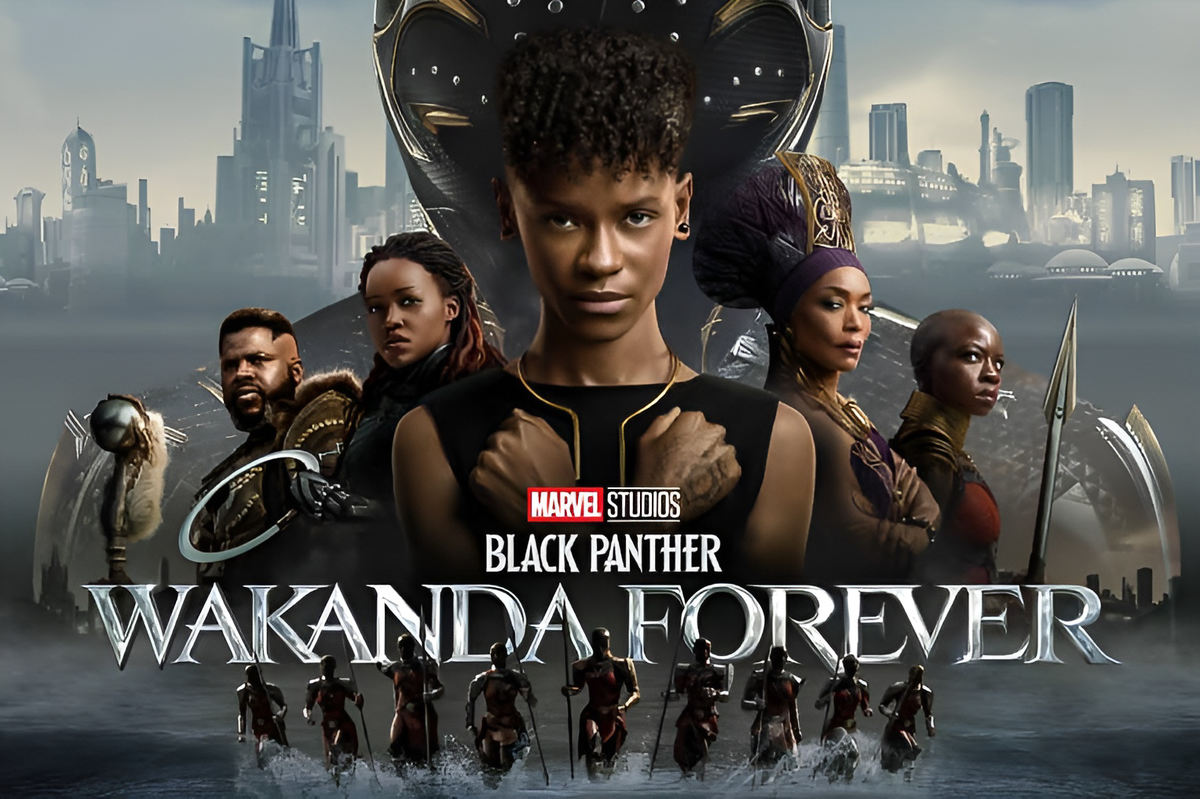
Black Widow (2021)
After pandemic-related delays, Phase Four kicked off with this prequel exploring Natasha Romanoff's past between the events of Civil War and Infinity War. The film introduced her "family," including Yelena Belova, who would go on to play a significant role in future MCU projects.
Shang-Chi and the Legend of the Ten Rings (2021)
This martial arts action film introduced Simu Liu as Shang-Chi, expanding the MCU's diversity and bringing a new mythological element to the universe. The film also tied back to the Ten Rings organization first mentioned in Iron Man, showcasing the MCU's long-term planning.
Eternals (2021)
Oscar-winning director Chloé Zhao brought a different perspective to the MCU with this film about immortal beings who have lived on Earth for thousands of years. "Eternals" expanded the cosmic scope of the universe and raised questions about the nature of heroism and intervention.
Spider-Man: No Way Home (2021)
Tom Holland's third Spider-Man film broke new ground by incorporating characters from previous Spider-Man film series, including villains and alternate Peter Parkers played by Tobey Maguire and Andrew Garfield. The film dealt with the multiverse concept that would become central to Phase Four and beyond.
Doctor Strange in the Multiverse of Madness (2022)
Sam Raimi returned to superhero films with this mind-bending sequel that saw Doctor Strange traversing the multiverse. The film tied in closely with the Disney+ series "WandaVision" and pushed the boundaries of what was possible in the MCU.
Thor: Love and Thunder (2022)
Taika Waititi returned to direct Chris Hemsworth in his fourth solo Thor film, which brought back Natalie Portman as Jane Foster, now wielding Mjolnir as the Mighty Thor. The film balanced humor and heart while introducing Christian Bale as the menacing Gorr the God Butcher.
Black Panther: Wakanda Forever (2022)
Ryan Coogler's sequel faced the challenge of continuing the Black Panther story following the tragic passing of Chadwick Boseman. The film honored Boseman's legacy while introducing new characters like Namor and Ironheart, further expanding the MCU's world.
Expanding the MCU: Disney+ Series Phase Four marked a significant expansion of the MCU beyond the big screen, with the introduction of Disney+ series that tied directly into the films. Shows like "WandaVision," "The Falcon and the Winter Soldier," "Loki," "What If...?," "Hawkeye," "Moon Knight," "Ms. Marvel," and "She-Hulk: Attorney at Law" allowed for deeper character exploration and the introduction of new heroes and villains.
These series played a crucial role in setting up future film storylines. "WandaVision" explored Wanda Maximoff's grief and power, directly leading into her role in "Doctor Strange in the Multiverse of Madness." "Loki" introduced the concept of variants and the Time Variance Authority, setting the stage for Kang the Conqueror and the multiverse saga. "The Falcon and the Winter Soldier" chronicled Sam Wilson's journey to accepting the mantle of Captain America, preparing audiences for his role in future films.
The Disney+ series also allowed the MCU to experiment with format and genre in ways that might have been too risky for big-budget films. "WandaVision" played with sitcom tropes across different decades, while "What If...?" explored alternate realities through animation. This expansion of the MCU's storytelling canvas has enriched the overall narrative and provided fans with more content between film releases.
Themes and Evolution As the MCU has grown, it has increasingly tackled complex themes and real-world issues. "Black Panther" explored isolationism and the legacy of colonialism, "Captain America: Civil War" delved into questions of superhero accountability and government oversight, and "Spider-Man: Far From Home" dealt with themes of truth and misinformation in the media.
The franchise has also made strides in representation, with films like "Black Panther," "Captain Marvel," and "Shang-Chi and the Legend of the Ten Rings" bringing diverse leads to the forefront of superhero narratives. This push for inclusivity has extended behind the camera as well, with the MCU seeking out directors from various backgrounds to bring fresh perspectives to their films.
Phase Five: New Horizons
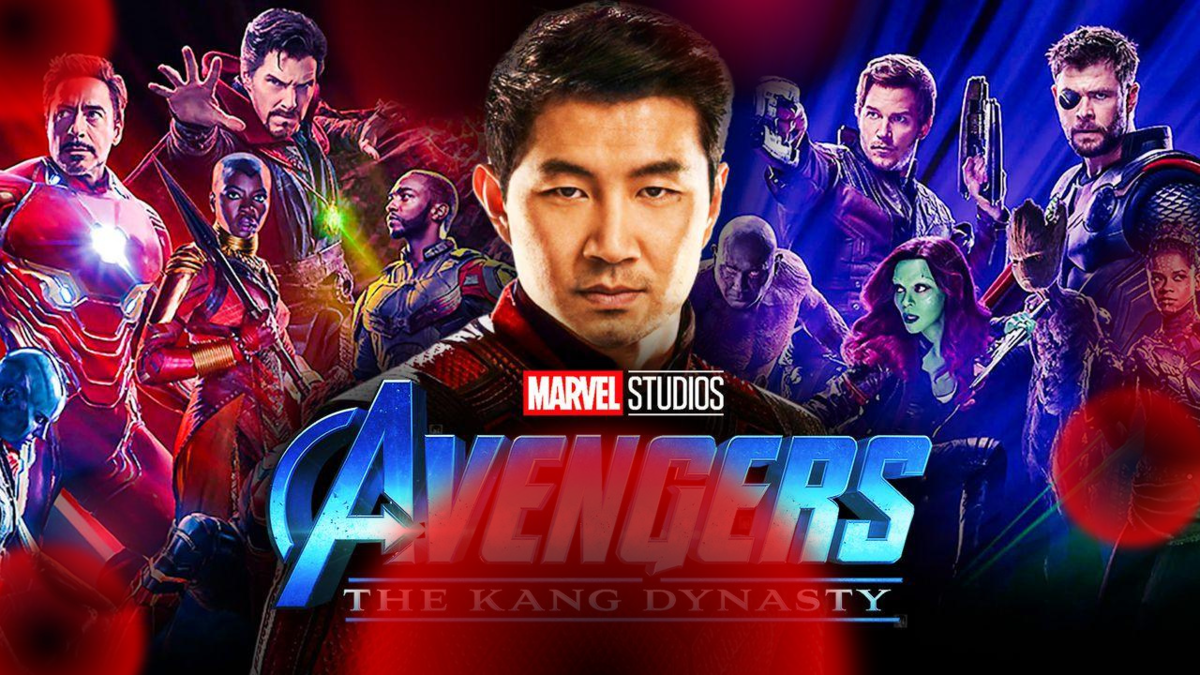
Ant-Man and the Wasp: Quantumania (2023)
Phase Five kicked off with the third Ant-Man film, which dove deep into the Quantum Realm. The movie introduced Jonathan Majors as Kang the Conqueror, setting up the next major threat to the MCU. While the film received mixed reviews, it played a crucial role in establishing the multiverse saga's primary antagonist. The exploration of the Quantum Realm provided stunning visuals and expanded the MCU's cosmic landscape, offering a glimpse into the complex realities that exist beyond our own. The film also further developed the dynamics of the Lang and Pym families, showcasing how their relationships have evolved since the events of "Avengers: Endgame."
Guardians of the Galaxy Vol. 3 (2023)
James Gunn's final MCU film brought the Guardians' story to an emotional conclusion. Focusing on Rocket's origins and the team's efforts to save him, the movie balanced humor, heart, and spectacle while introducing new characters like Adam Warlock. It served as a fitting send-off for this iteration of the team. The film delved into themes of family, redemption, and the lasting impacts of trauma, providing deeper character development for each member of the Guardians. Gunn's signature style and the emotional weight of the story resonated with fans, cementing the Guardians' place as one of the MCU's most beloved teams.
The Marvels (2023)
This sequel to both "Captain Marvel" and the Disney+ series "Ms. Marvel" brought together Brie Larson's Carol Danvers, Teyonah Parris's Monica Rambeau, and Iman Vellani's Kamala Khan. The film explored the connections between their powers and faced them against a Kree threat, further expanding the cosmic side of the MCU. The dynamic between the three leads offered a fresh perspective on superhero teamwork, showcasing how different generations of heroes can learn from and inspire each other. The movie also delved deeper into Kree culture and history, providing context for their ongoing conflict with Carol Danvers and setting up potential future storylines in the cosmic realm of the MCU.
The beginning of Phase Five marks a significant shift in the Marvel Cinematic Universe, setting the stage for the next saga while building on the foundations laid in previous phases. "Ant-Man and the Wasp: Quantumania" expanded our understanding of the Quantum Realm and introduced Kang the Conqueror, a multiversal threat poised to become the next Thanos-level antagonist. "Guardians of the Galaxy Vol. 3" provided an emotional conclusion to the beloved team's journey, showcasing the MCU's ability to balance humor with heart-wrenching storytelling.
"The Marvels" further explored the cosmic side of the universe, bringing together a powerful trio of heroines and deepening the lore surrounding the Kree. These films collectively demonstrate the MCU's commitment to exploring new territories, both literally in terms of realms and planets, and figuratively in terms of storytelling approaches and character dynamics.
As Phase Five progresses, we can expect to see more interconnectivity between the cosmic, earthbound, and multiversal aspects of the MCU, setting up grand conflicts and personal journeys that will shape the future of this ever-expanding cinematic universe.
The Future of the MCU: Upcoming Films
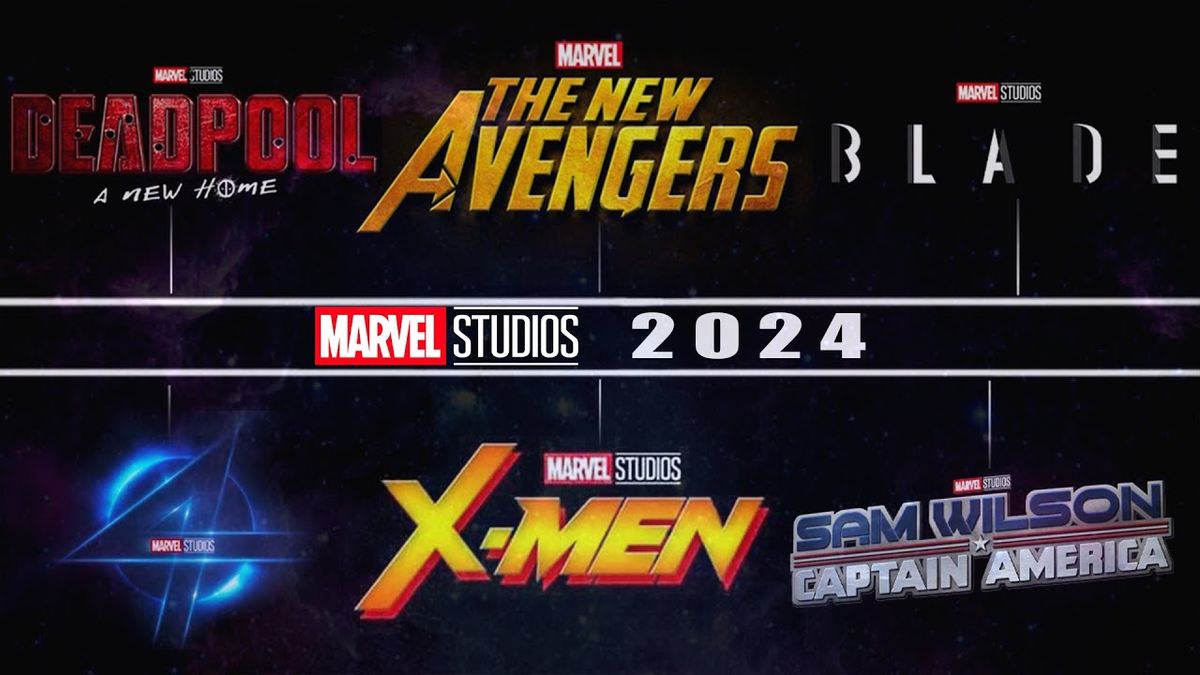
As the Marvel Cinematic Universe continues to expand, several exciting projects are on the horizon. "Captain America: Brave New World" is set to feature Anthony Mackie's Sam Wilson fully embracing the Captain America mantle, following his character development in "The Falcon and the Winter Soldier" series. The highly anticipated "Thunderbolts" will bring together a team of antiheroes and reformed villains, potentially offering a darker take on superheroics in the MCU.
Mahershala Ali is slated to bring Blade to the MCU, introducing more supernatural elements to the universe. In a groundbreaking move, "Deadpool 3" is expected to bring Ryan Reynolds' foul-mouthed mercenary into the MCU, with Hugh Jackman reprising his role as Wolverine. Finally, the long-awaited MCU version of the Fantastic Four is in development, promising to introduce Marvel's First Family to this interconnected universe.
While details about these films are still largely under wraps, they represent Marvel Studios' commitment to exploring new corners of their universe and introducing fresh dynamics to the overarching narrative. As always with unreleased films, details may change, and it's best for fans to stay tuned for official announcements from Marvel regarding release dates and specific plot details.
Conclusion
From the relatively grounded beginnings of "Iron Man" to the mind-bending multiverse of recent films, the Marvel Cinematic Universe has taken audiences on an unprecedented cinematic journey. Over the course of 38 films (as of early 2025), the MCU has redefined serialized storytelling in cinema, blending individual character arcs with overarching narratives that span multiple movies and phases.
The success of the MCU lies not just in its spectacle and interconnected storytelling, but in its ability to evolve and take risks. From the cosmic comedy of "Thor: Ragnarok" to the Afrofuturism of "Black Panther," from the teen drama of "Spider-Man: Homecoming" to the mind-bending visuals of "Doctor Strange," the MCU has consistently pushed the boundaries of what superhero films can be.
As the Multiverse Saga continues to unfold, with "Avengers: The Kang Dynasty" and "Avengers: Secret Wars" on the horizon, the MCU shows no signs of slowing down. New characters are being introduced, familiar faces are taking on new roles, and the very fabric of reality within the universe is being explored in ways that promise even more exciting adventures to come.
The Marvel Cinematic Universe has become more than just a series of films; it's a cultural phenomenon that has left an indelible mark on popular culture. As we look back on this incredible journey and forward to what's next, one thing is clear: the MCU has forever changed the landscape of cinema, and its influence will be felt for years to come.

